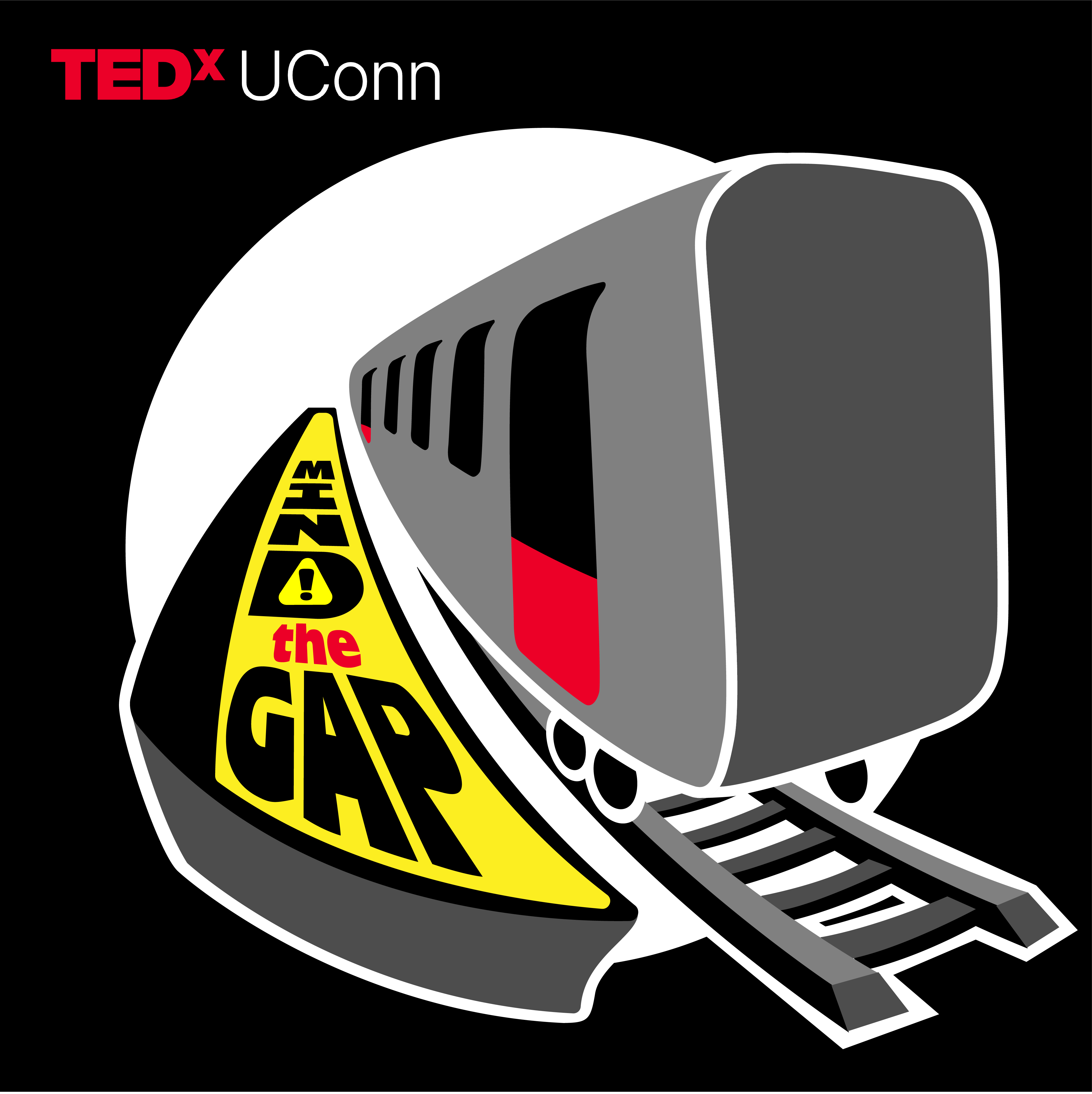
Given today’s social climate, it is necessary to not only identify and acknowledge, but to actively work to try and eliminate inequalities. Inequities prevail in healthcare, education, opportunity, and many other key aspects of day-to-day life. Many of these topics are being researched and addressed by experts within the UConn community and network. However, the details of these topics are scarcely discussed and often overlooked. Ultimately, we hope to bring attention to issues across multiple domains of public interest by featuring voices from diverse disciplines and perspectives. In order to promote action for change amongst society, we must “Mind the Gap” existing in many settings.
It is clear and worrisome that the rampant frequency with which sensitive discourse is occurring via social media is not being directly addressed. On TikTok specifically, consuming sensitive content that includes detailed experiences of mental illness or similar health or high-risk experiences may be harmful to those in critical stages of their own recovery. These various topics may be especially harmful for young children, adolescent viewers, and vulnerable populations using the app, but also to common users as they are confronted with new and potentially troubling information.
In this provocative and empowering talk, Erin Smith shares deep insights from studying women who have been successful in male-dominated spaces, and provides a unique perspective (and tools!) for how women can cultivate their own personal power that will naturally bring about the gender equality we’ve been fighting for.
While a wealthier community may not struggle with the costs of mapping their local infrastructure, a less wealthy community may struggle with the costs, and may even fall behind in the process. Kate Hoffert talks about how this can affect the residents of struggling communities, and how a gap in regional data collecting can affect all of us, with regards to global environmental change and our aging infrastructure.
Identifying barriers within the (dis)abled individual is a dangerous mindset. It has contributed to creating a sizable gap in educational attainment between dyslexic individuals and “typical readers”. To make education truly inclusive we need to repair a defective educational system, not “defective” children. Much like a neuron, which reaches action potential only when there is a difference in the charges of cytosol and extracellular fluid, we too, as a society can only thrive when diversity is seen as a resource and not a hindrance
Perceptions of career and technical education impact participation in innovative programs that lead to high wages. Why does there continue to be a stigma around these opportunities when industries have job openings that could benefit individuals who prefer hands-on classroom and work environments? In this TEDx talk, we explore the stigma associated with career and technical programs and offer solutions that can close the gap between perceptions and reality so more individuals can enjoy pathways to fulfilling careers
In a world grappling with educational inequalities, culturally relevant education emerges as a beacon of hope for marginalized youth. Not only does it empower them but it becomes a catalyst for dismantling barriers in education. Thus, acknowledgment and acceptance of Hip Hop culture in these spaces is not just a choice, but a necessity in creating a truly inclusive educational landscape. There has never been a better time to revolutionize education and uplift the voices of the marginalized.
To eliminate inequities, we must first recognize them. Within the learning ecosystem, we commonly consider inequities related to accessibility, resources, and digitalization. A critical, generally overlooked, systemic disparity exists: the skill gap. Too often, we build technology with implementation and training of the users as an afterthought. So, the question remains: how are members of educational institutions equipped to withstand the everlasting changes that are rising as a result of technological advancements? This talk focuses on virtual reality (VR), sharing experimental findings, student/faculty insights, and a path forward - exploring how we can create new educational pathways for the near generation of students and educators.